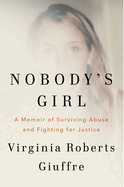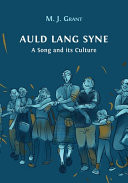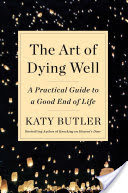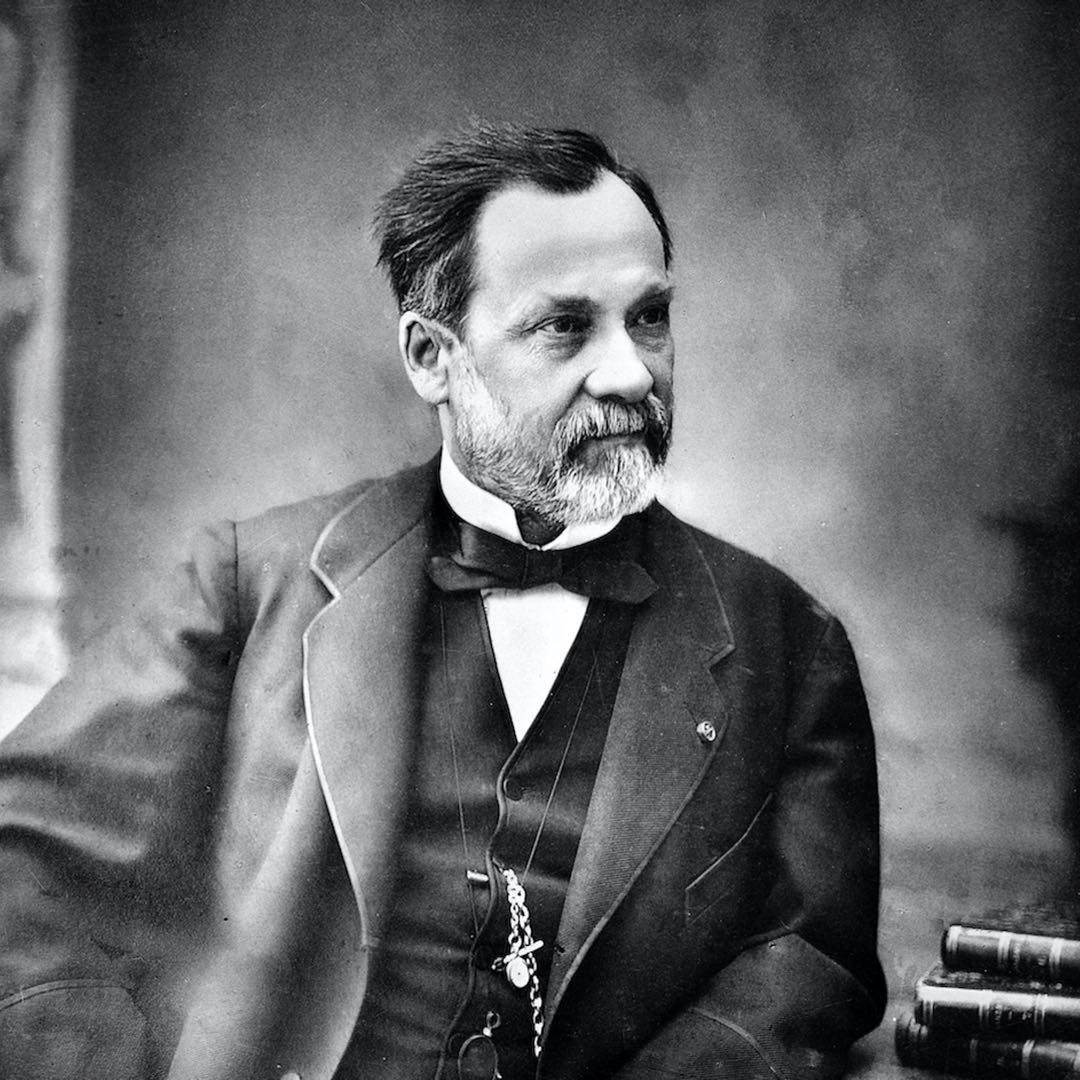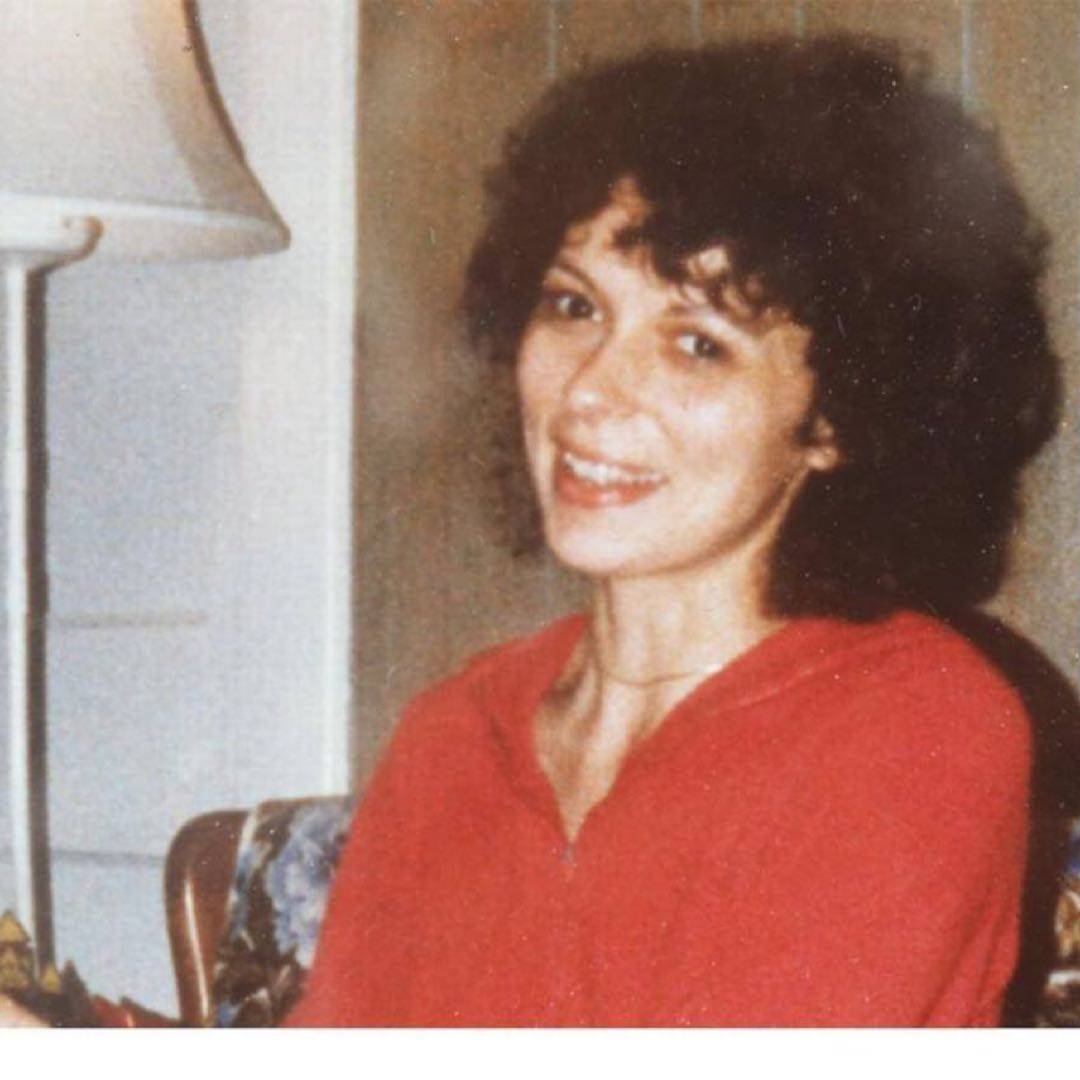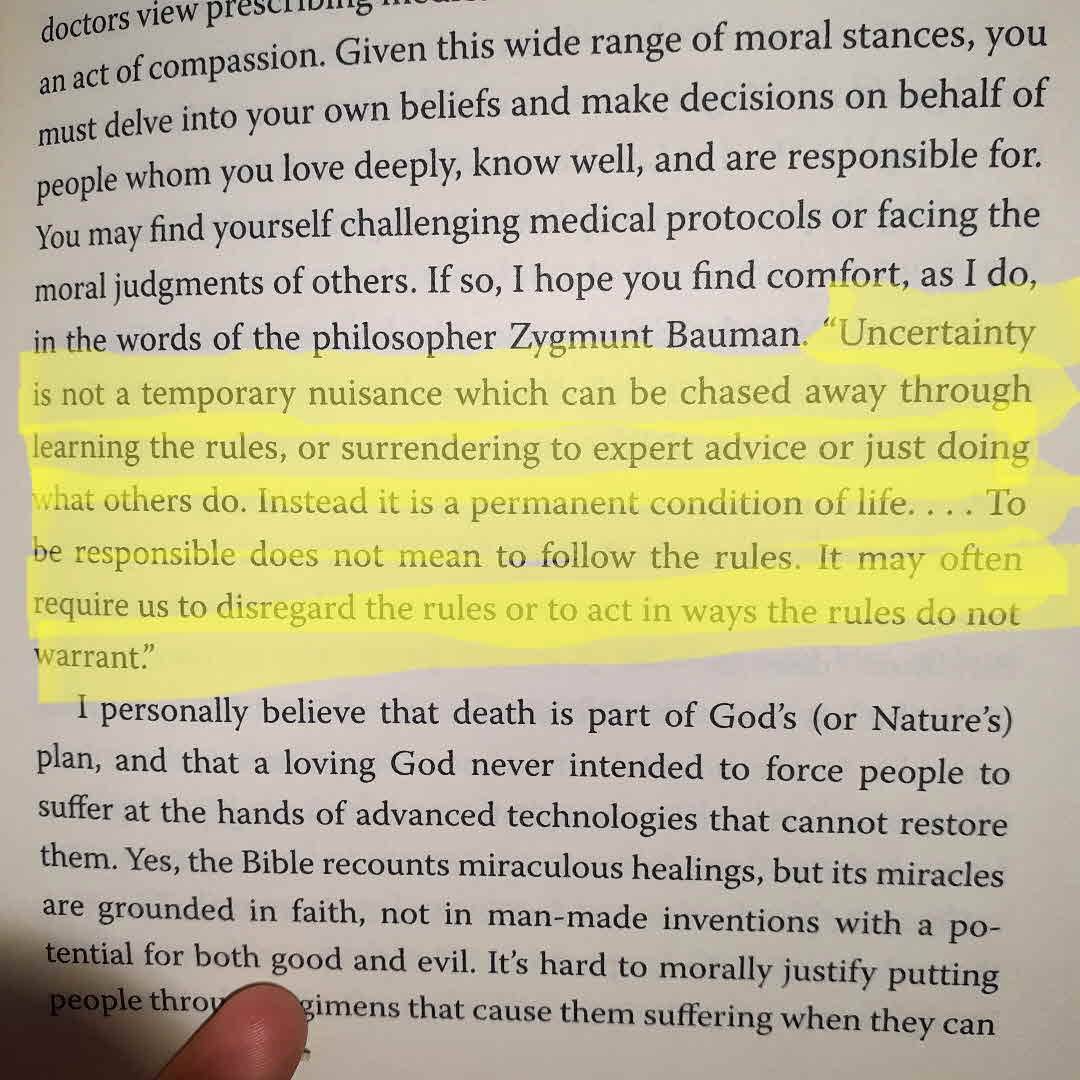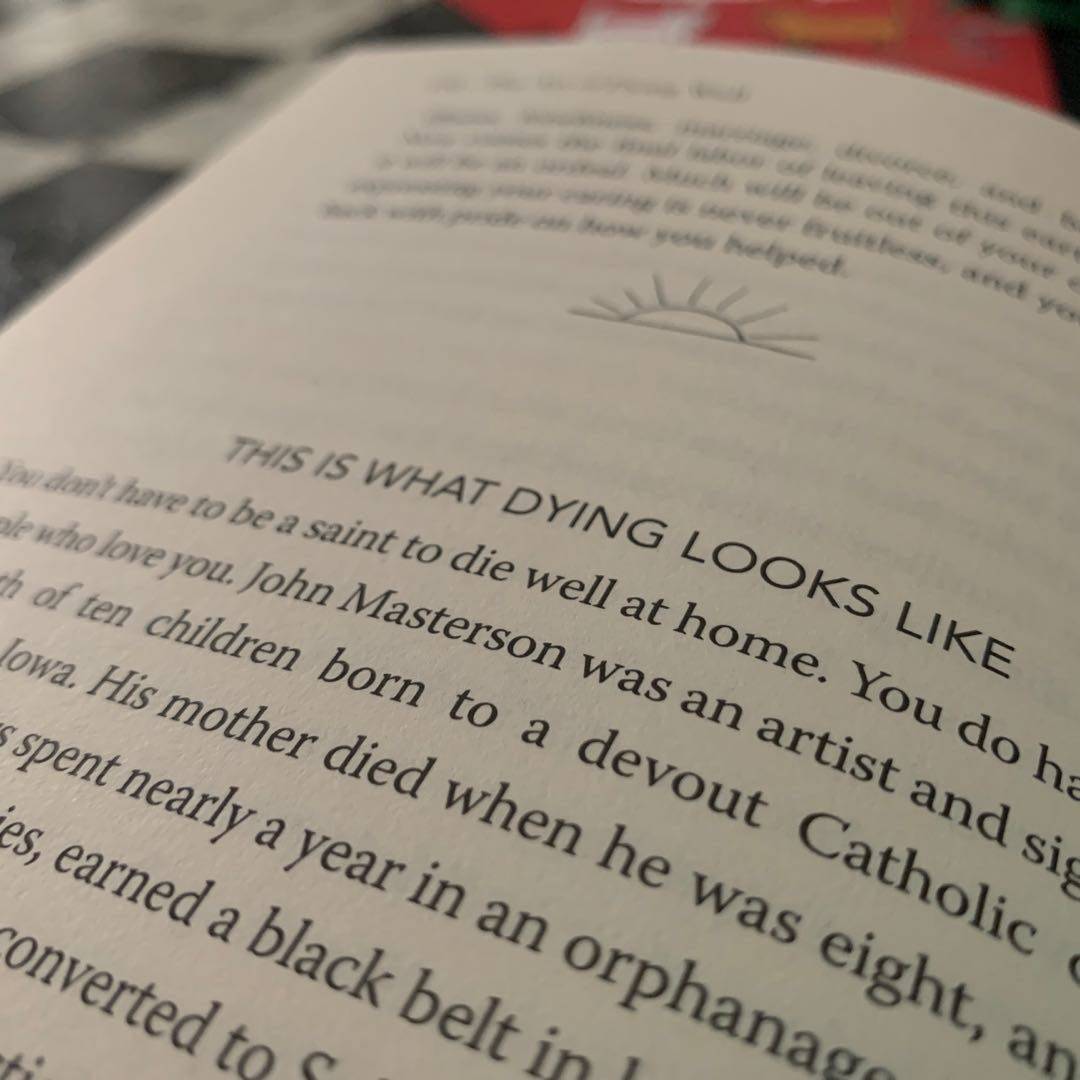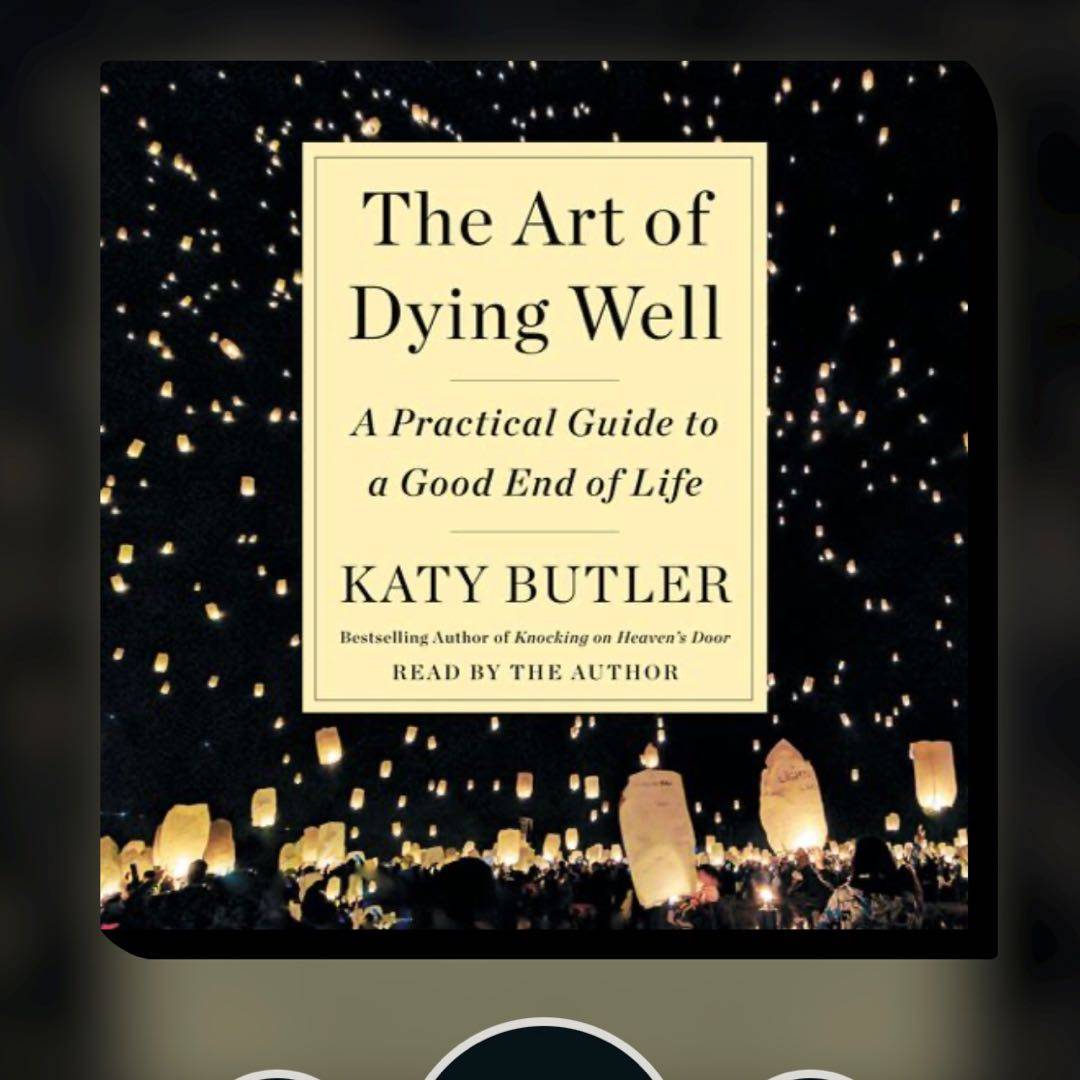
@JenniferEgnor wrote a review of this book and posted several entries and I can‘t top them. So check those out. I‘m not a novice to this subject matter. I‘ve done the type of caregiving she recommends when someone is dying. What this book does so well is remind us that dying will happen and you really do need to prepare, for yourself and your family. She outlines pitfalls and possibilities. I‘m going to purchase the paper version to refer back to.









